In an open letter to President Bola Ahmed Tinubu by one Abba Muyiwa Oseni published by some newspapers on Friday, October 6, under the headline “Nigeria’s Oil Industry on Life Support,” the author made a pathetic attempt to knock down Mele Kyari as the ineffective leader of Nigeria’s oil industry.
Relying only on his skewed imagination and what he was obviously instructed to write by his paymasters, he condemned NNPC under Kyari as “utter disaster” bereft of “any meaningful leadership.”
For someone writing an open letter to the president, it’s expected he would build a cogent case by advancing convincing arguments supported by available data before concluding that the NNPC is a failure under Kyari. But the writer made no logical arguments before making sweeping conclusions.
His letter, without a doubt, will definitely not get any attention from the presidency due to its pervious logic. But for the sake of putting the record straight, this piece will interrogate the writer’s allegations and conclusions, and attempt to provide some evidence that shows how the NNPC has actually transformed under Kyari’s leadership who mounted the saddle less than a year before Covid-19.
There are three or four issues thrown up by the letter which I intend to address. He stated that Nigeria’s oil industry is on life support due to alleged low production of crude oil. Secondly, Kyari inherited a production baseline of 2.4 million barrels per day on average but NNPC is now “struggling” to hit 1.5 million barrels.
Thirdly, he claimed that Abu Dhabi’s ADNOC was producing in the average range of 3 million barrels per day when Kyari became NNPC’s GMD but is now at 4.5 million barrels per day while Nigeria’s NNPC was on the decline. Perhaps, his most ridiculous argument is that the Covid-19 pandemic, oil theft, and pipeline vandalism are mere “excuses” given by Kyari for low oil production in Nigeria.
Finally, he inadvertently showed the obvious mischief behind the letter by revealing the outcome of a non-existent poll among NNPC staff which allegedly shows Kyari is considered by the employees as the “worst GMD in NNPC’s history.” On the basis of these, he called on the president to fire Kyari.
“An informal poll of staff determined that a lot of NNPC employees consider him the worst GMD in NNPC’s history. That is a damning rebuke from the employees he purports to lead. In their estimation and assessment, all the actions he is proposing currently amount to no more than shuffling deck chairs on a sinking ship,” he stated.
Now to set the record straight, Kyari did not inherit a production baseline of 2.4 million barrels per day. According to a 2020 report of the Nigeria Extractive Industries Transparency Initiative (NEITI), the total crude oil production in Nigeria in 2019 when Kyari was appointed GMD was 735.24 million barrels. This represents an average of 2 million barrels per day.
But in 2020 when Kyari was barely six months in office, was able to record 2.33million barrels per day in January 2020, however by February 2020 Covid-19 descended on the world and crippled oil production globally, leading to OPEC curtailment of Nigeria’s production to less than 1.5million barrels per day. But Nigeria still recorded a total of 646.79 million barrels in 2020, which represents a daily average of 1.7 million barrels which was above the OPEC-capped production figure. For those who are familiar with crude oil production, shut-in production to comply with the OPEC quota creates a significant distortion and consequential challenge of production ramp-up post-restriction cap. Nigerians cannot forget in a hurry the leadership offered by Kyari and his team which provided institutional support for the fight against the pandemic while ensuring that production is kept stable.
Under Kyari’s sterling leadership, over N21bn was raised by the oil industry to support the fight against the spread of COVID-19 in Nigeria. Funds were deployed for the provision of logistics and in-patient support equipment such as ambulances, ventilators, isolation centers, etc. Donation of medical consumables, which included drugs, sanitizers, masks, protective gear and equipment, and others to all the states of the Federation.
It is important to note that 2020 was the lowest production figure for Nigeria compared to the previous years when Nigeria was able to build production momentum through the protection of oil assets. Former president Goodluck Jonathan had contracted a former Niger Delta militant, Chief Government Ekpemupolo, popularly known as Tompolo, to protect oil pipelines from crude oil theft and vandalism. It was a multi-million dollar pipeline surveillance contract that drastically reduced oil theft and led to increased market production.
It is noteworthy that oil theft recorded an unprecedented figure of 101.05 million barrels in 2016, a year into former President Muhammadu Buhari’s first tenure, due to the cancelation of the pipeline surveillance contract to Tompolo. For the first four years of the Buhari administration, oil theft went to an uncontrollable proportion. Production declined to less than 800kbpd due to the combined effects of theft and shut-ins.
OPEC recently revealed that due to oil theft, Nigeria has consistently been unable to meet its daily production quota, which it said, hovered between 1.7 million to 2 million barrels per day (mbpd).
So, it is clear that oil theft is hurting Nigeria’s oil industry and is robbing the country of huge amounts in foreign exchange earnings. But when Kyari came in as GMD in 2019, he instituted a multi-security control room manned by the NNPC. All assets of the company were linked in real-time to the command and control center. The control center was responsible for monitoring, locating, and reporting suspicious activities to various security agencies for intervention. The effort led to oil production recovering to 1.6 million barrels per day at the close of 2022.
But after seeing the damages oil theft continued to wreck the country’s earnings, Kyari pushed the Buhari administration to re-introduce private security arrangements which eventually led to the revalidation of Tompolo’s pipeline surveillance contract. Since then, oil production has continued to stabilize and seen a steady increase.
Kyari came at a time when disputes, aside from oil theft and pipeline vandalism, were paralysing oil production. But within a few months of stepping into office, Kyari was able to resolve them. These include the dispute between Shell and Belema Oil that shut in over 30,000barrels per day production in OML 25, and over agreements with SNEPCo and other PSC partners to resolve the disputes around another deep offshore block, OML 118, leading to the renewal of that acreage with the prospect of a new $10billion investment in the development of the Bonga South-East Field.
Among the resolutions was the execution of the Abo OML 125 Heads of Terms leading to the resolution of the issues around most of the deep offshore Production Sharing Contracts. This paved the way for the renewal of OML 125 and further investment.
There was also the successful resolution of 1993 PSC dispute which holds over 90% of Nigeria’s Deepwater production, paving the way for unlocking over 7 billion barrels of oil, 20Tcf of gas reserves, and potential investment of up to US$40bn over the next five (5) years, and at the same time relieves NNPC of almost US$10bn in contingent liabilities.
He also achieved the commercial discovery of hydrocarbon in the Gongola basin of the Upper Benue trough and attained the Presidential flag off of the Kolmani Integrated Development Project (KIPRO) on 22nd November 2022, with over 1Bn barrels of oil and 500BCF of gas addition to existing hydrocarbon reserves, which will go a long way to enhance national energy security, create jobs opportunities and stimulate balanced economic growth.
As part of the strategic drive to shore up national reserves, Kyari expanded hydrocarbon exploration campaigns to the Sokoto and Bidda basins and achieved a spud-in for the ongoing exploration projects in the Nasarawa and Chad Basins.
Within this year alone, Kyari achieved first oil in OML 13, restored production in OMLs 11 and 18, and currently working to achieve first oil in OMLs 83/85 among others. Kyari is also taking major initiatives that will move towards achieving FID for major projects in the Deepwater and frontier basins such as the Bonga Southwest Apraro, Bonga North, Prowei, KIPRO, Owowo, Bosi, and so on.
In terms of investments in infrastructure expansion, it’s hardly an exaggeration to say no GMD has done as much as Kyari within the short time he has been in office. Many significant investments have been made which have turned around the industry.
He wrapped up the Final Investment Decision on the NLNG Train 7 Project in December 2019. The project is expected to generate over $20billion of revenue to the Government over the project’s lifecycle, 10,000 direct and 40,000 indirect jobs.
Under Kyari’s leadership, NNPC as the largest shareholder of NLNG enabled the Engineering, Procurement, and Construction (EPC) contract of the NLNG Train-7 project with the SCD JV Consortium comprising affiliates of Saipem, Chiyoda, and Daewoo. The execution of the EPC contract signals the effective commencement of the detailed design and construction phase of the multi-billion dollar project which, on completion, is expected to raise the NLNG production capacity by 35 percent from the current 22 million tonnes per annum (MTPA) to 30 MTPA.
He also flagged off the construction of the Ajaokuta-Kaduna-Kano (AKK) gas pipeline project on 30th June 2020. The project, an integral part of the Trans-Nigeria Gas Pipeline (TNGP) with a capacity to transport about 2.2 billion cubic feet of gas per day, has been described as a game-changer.
To address domestic gas challenges, the NNPC GMD commissioned the Oredo Integrated Gas Handling Facility (IGHF) and the Liquefied Petroleum Gas Storage and Dispensing Unit. The facilities are wholly owned and constructed by the Nigerian Petroleum Development Company (NPDC), and currently deliver over 200 million standard cubic feet of dry gas per day and 330 metric tonnes of Liquefied Petroleum Gas (cooking gas) which is equivalent to 16 units of 20tonnes LPG trucks per day into the domestic market.
Other landmark achievements of the NNPC under Kyari include the execution of a JV agreement with NIPCO to market and distribute CNG, and a Final Investment Decision (FID) on Brass Gas Hub with the Brass Fertilizer and Petrochemical Company for the $3.6bn Brass Methanol Plant in Odioma, Bayelsa State.
A project to deliver 300 million standard cubic feet of gas per day and 1,200 megawatts of electricity to the domestic market was achieved with the signing of a $260m financing agreement for the Assa-North Ohaji South (ANOH) Gas Project with Seplat.
To boost gas production, NNPC under the leadership of Kyari also executed a Gas Development Agreement (GDA) for the Oil Mining Lease (OML) 143 with its partner, Sterling Oil Exploration and Production Company (SEEPCO). The project will boost the nation’s gas production by 1.2 trillion cubic feet (tcf).
The NNPC also secured the United States Trade and Development Agency (USTDA) Grant and commenced the upgrade of the 1350MW Abuja IPP project development to World Bank Standard for bankability and signed the Trans-Atlantic Pipeline Project (Nigerian Morrocco Gas Pipeline) MOU with African NOCs, with ONHYM and ECOWAS.
Under his able leadership, NNPC has succeeded in keeping the nation wet with petroleum products through an efficient supply framework while working to restore downstream infrastructure through the emplacement of the Build, Operate, and Transfer (BOT) model for the depots and pipeline network.
He also achieved execution of an agreement with the Nigerian Content Development and Monitoring Board (NCDMB) and Zed Energy for the construction of the N10.5bn Brass Petroleum Products Terminal. The facility will serve as a strategic reserve for the country as it is expected to provide a depot for 50 million litres of petroleum products, two way product jetty, automated storage and automated bay for AGO, PMS, DPK and ATK. It will close the infrastructure gap in the distribution of petroleum products and also help to stop illegal refining activities.
To deepen gas commercial, Kyari led NNPC achieved expansion of the LPG logistics business via the joint venture company WAGL acquisition of two LPG Vessels: MT Sapet and MT BaruMK.
As typical with visionaries, NNPC under Kyari’s leadership acquired OVH adding over 380 retail stations to the existing retail network, a 240,000MT capacity per annum jetty, 3 Lubes blending plants, 3 aviation depots, 8 LPG plants, 38 LPG skids and 12 warehouses which positioned the NNPC Retail as the single largest downstream network in Africa.
As part of Kyari’s commitment to make Nigeria a net exporter of petroleum products, on 6th April 2021, NNPC signed the $1.5bn Engineering, Procurement & Construction (EPC) Contract Agreement with Tecnimont SpA, for the complete rehabilitation of Port Harcourt Refinery which will be managed through a structure Operations & Maintenance model
He also achieved the WRPC and KRPC Quick Fix contracts awarded to Daewoo for the restreaming of both plants by 2024.
He also took a strategic investment decision through equity investment in Dangote Refinery, Azikel Refinery, and three units of 10kbpd condensate refineries.
If Kyari’s leadership of the industry had been ineffective and uninspiring as the letter writer wants the president to believe, how could he have succeeded in accomplishing some of his achievements highlighted above? If NNPC partners had lost confidence in the leadership of the Corporation as he stated, how could he have achieved the above?
When Kyari was appointed GMD in August of 2019, it brought optimism due to his track record of transparency and industry experience. Stakeholders hailed his appointment as that of a round peg in a round hole. Four years after, Kyari did not disappoint. No scandal has been linked to him since he came on board, and he has continued to demonstrate leadership in an industry beset by challenges.






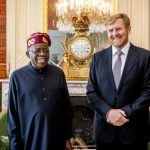



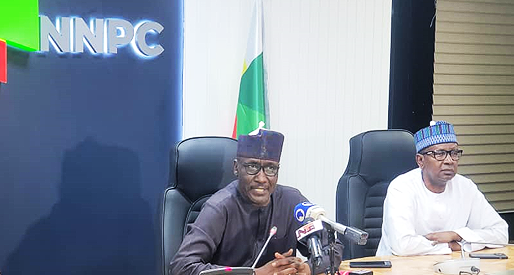


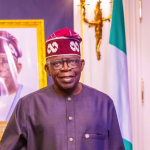


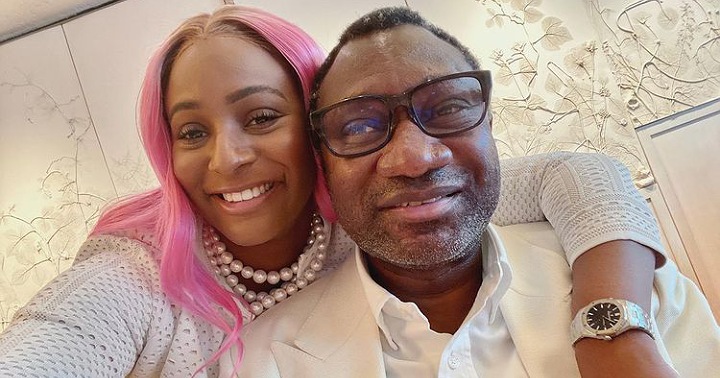



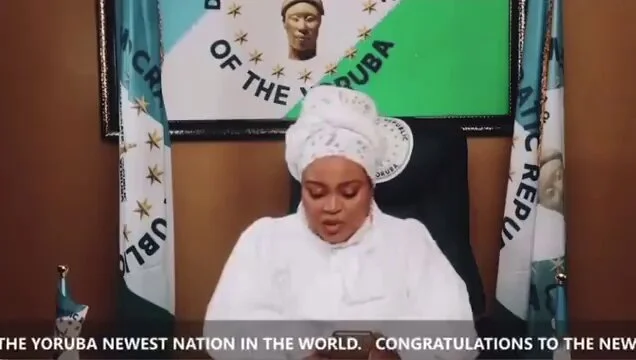
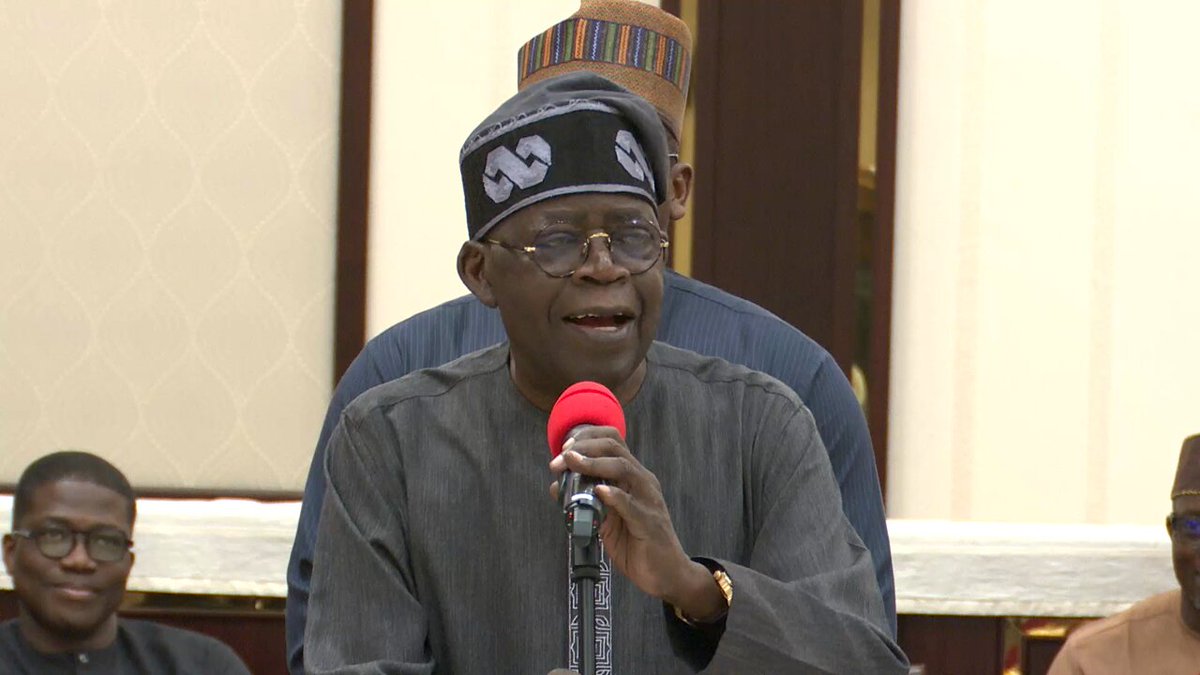
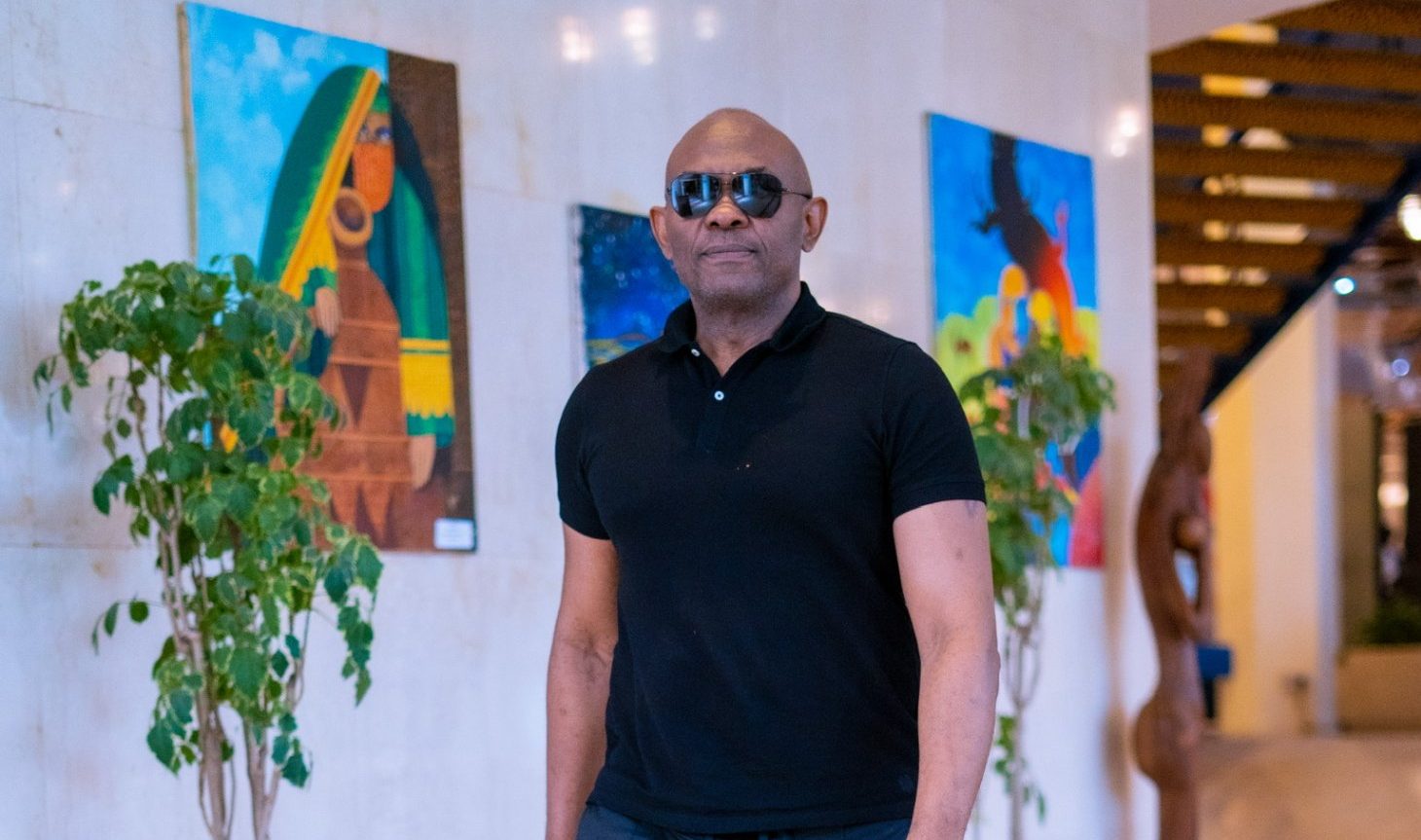


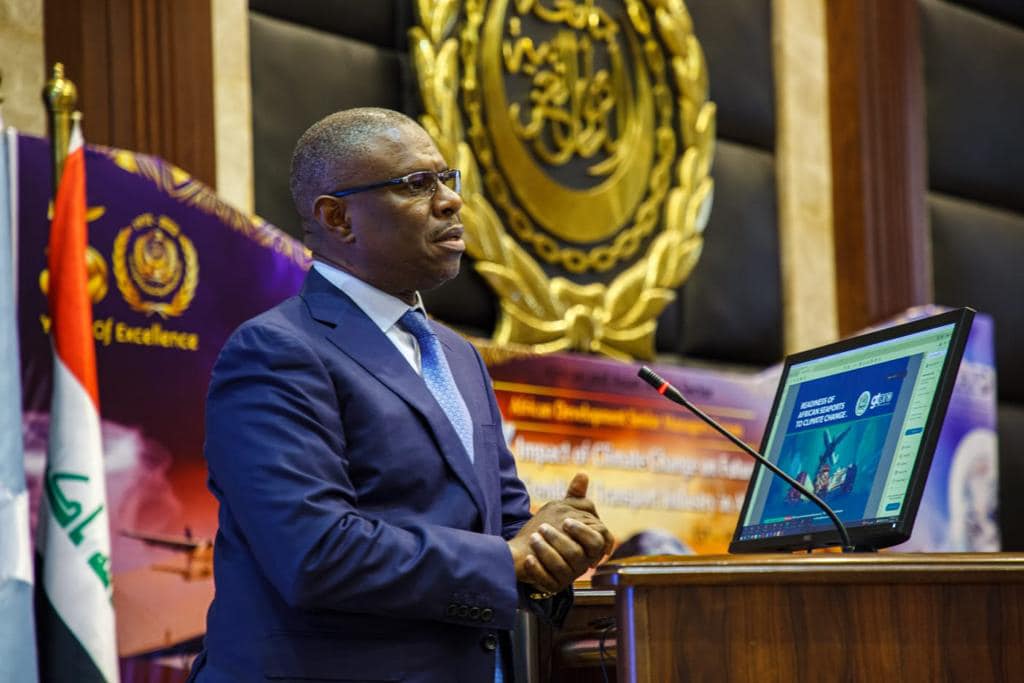

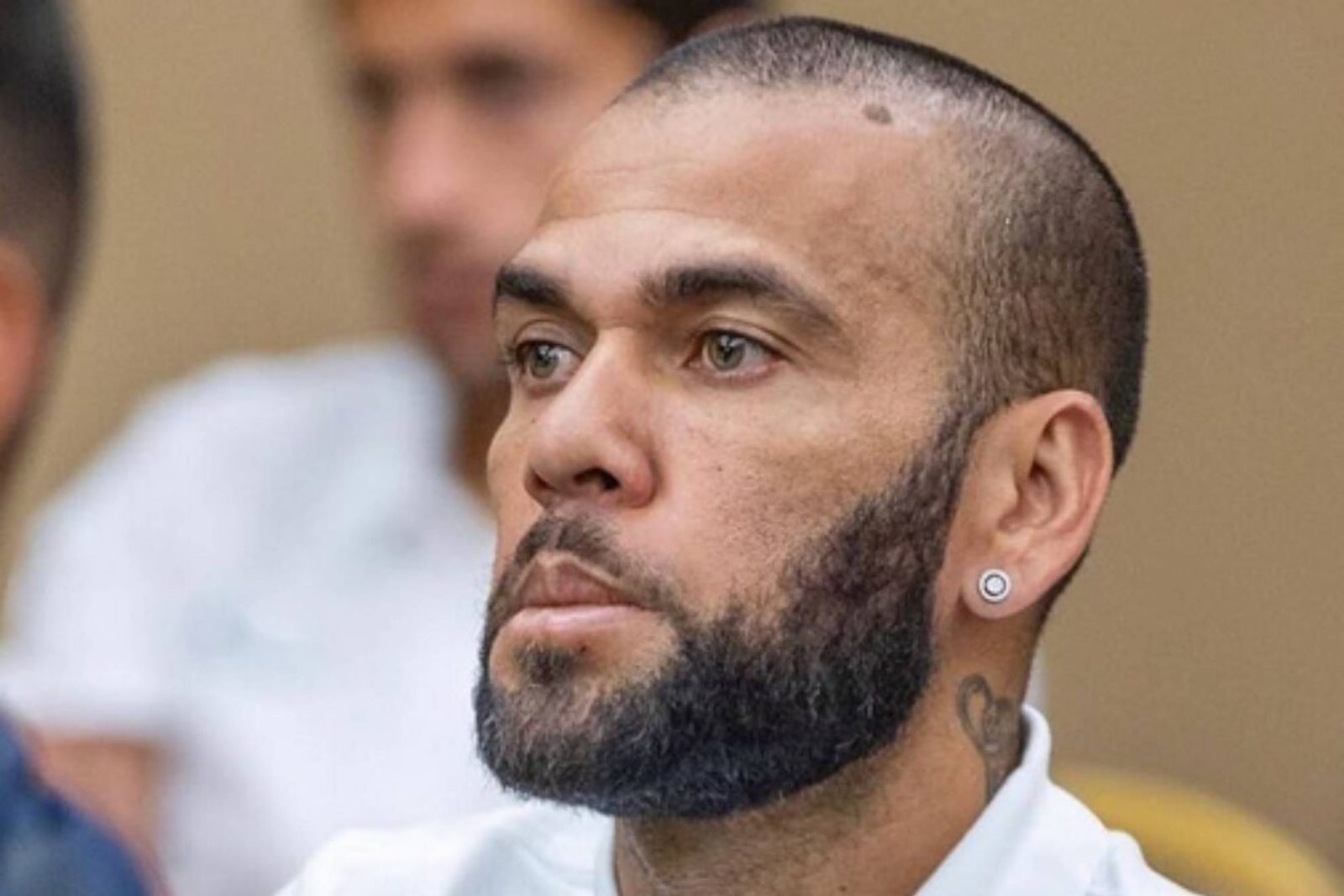
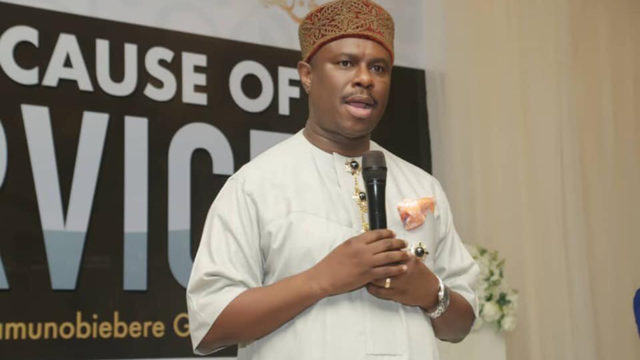


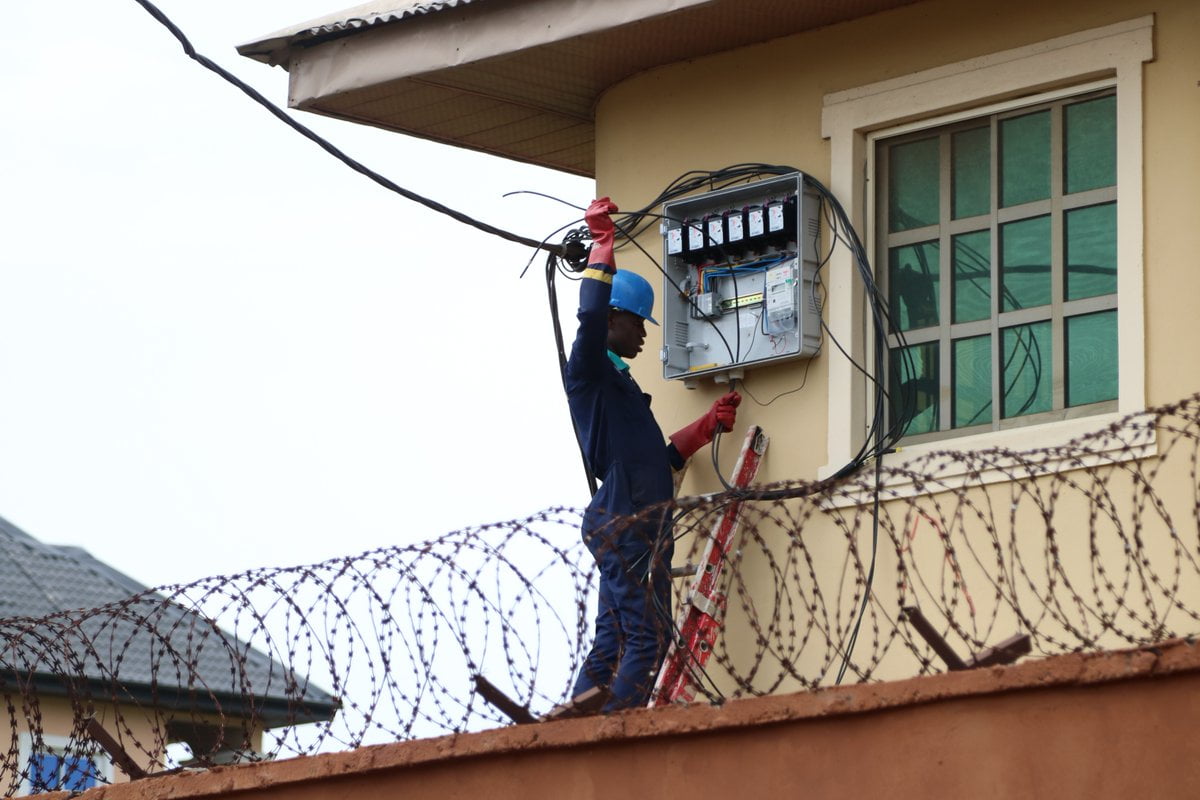


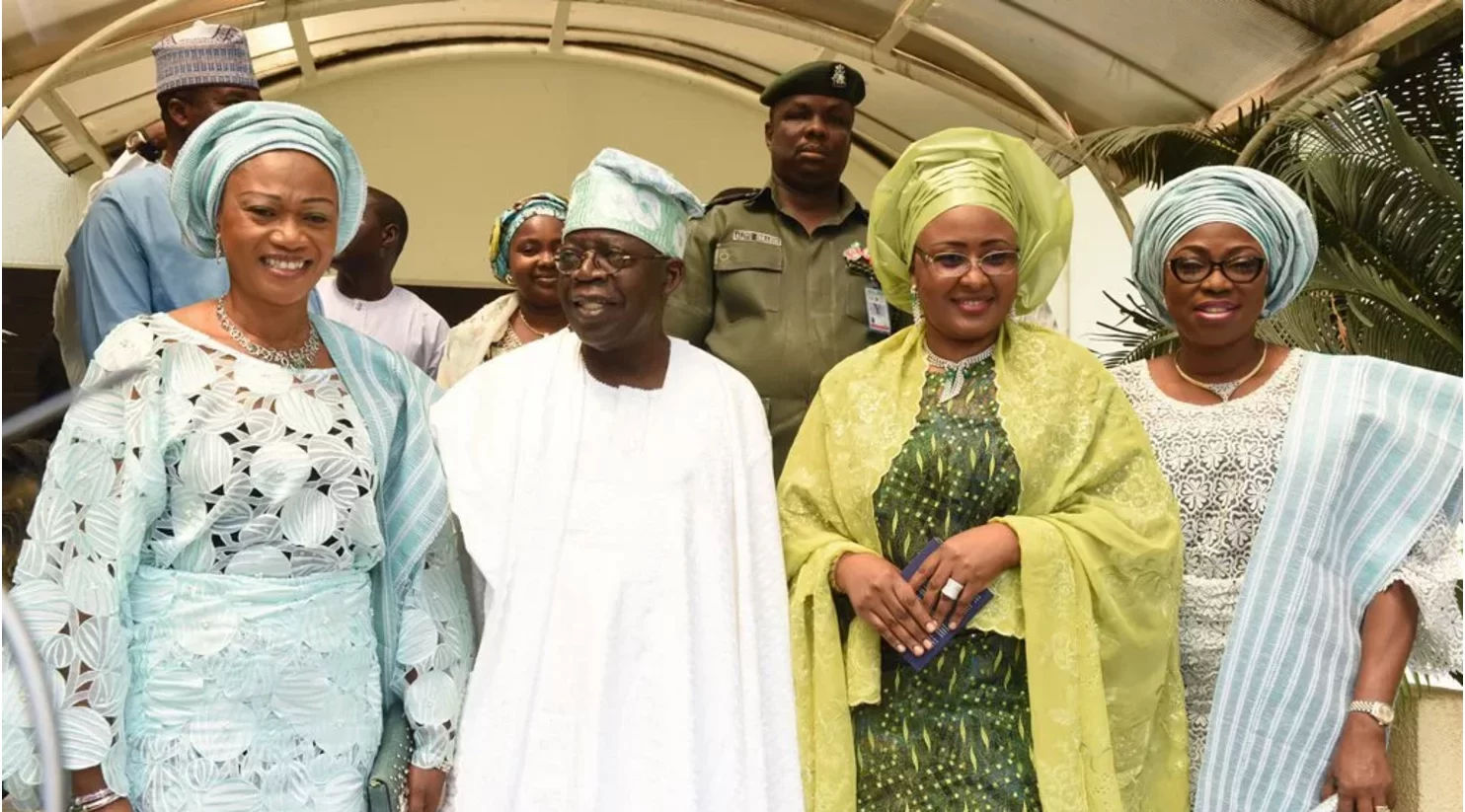

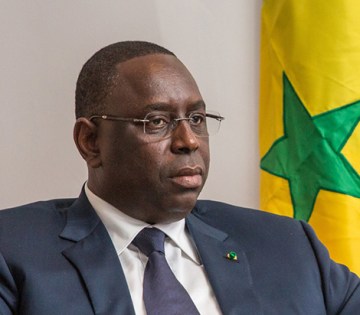
Leave a comment